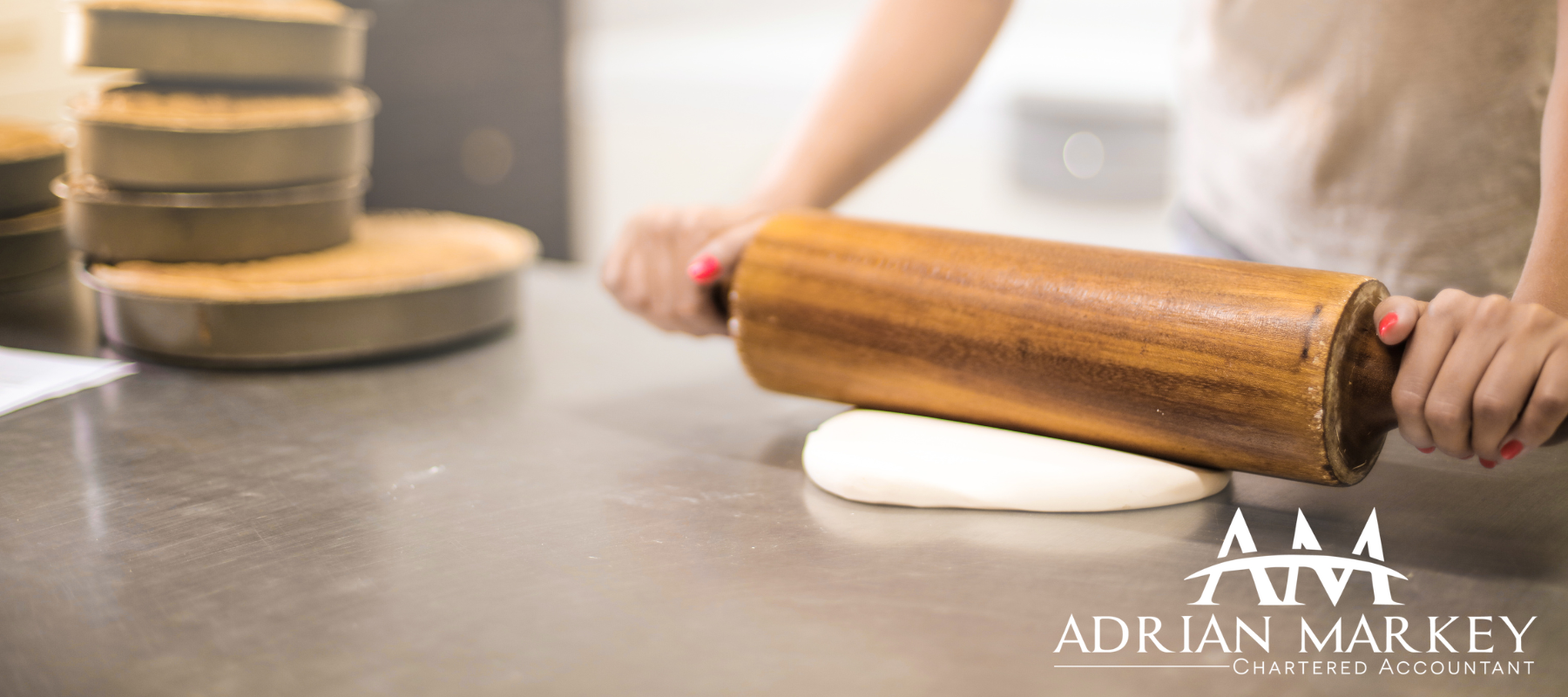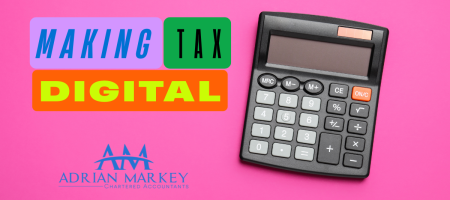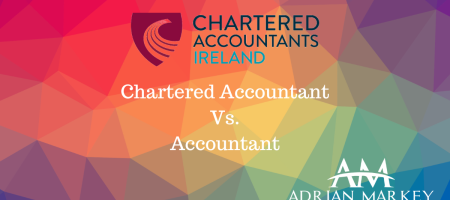This is a question we get sometimes. Not a lot; understandably if someone is talking to us, they’re already at least part sold on the idea of engaging an accountant. However, it comes up every now and again.
If you’re in business, either as a sole trader, partnership, or limited company, you’ve no doubt pondered this question yourself at some stage. You’ve looked at your tax return online and thought, “I could give that a shot”. Or maybe you’ve thought the cost vs. benefit of engaging an accountant just isn’t there for you.
The short answer to this question is – no, you don’t have to have an accountant. There’s no legal obligation to engage one. If you operate a limited company, the legal obligation is actually on the directors to prepare the financial statements. What often happens in practice though, is that an accountant will prepare the financial statements based on the information provided and the directors sign them off. There are thresholds above which you must engage an auditor (turnover above £10.2m), but auditors are not the same as accountants (those guys are dead behind the eyes).
So, no – you don’t have to have an accountant. The same way you don’t need a baker.
You can make your own bread. We all did it during lockdown, remember? (I actually didn’t to be honest; my wife and daughters made bread during lockdown. Me? I ate bread during lockdown.)
The question then becomes – do you want to make your own bread every time you fancy a slice of toast? Do you have the time to do that? Thinking about it, it’s quite handy to nip to the shop or local bakery and just get a loaf. And did you ever get that feeling that, whilst your own bread is perfectly fine, it’s missing something? Some secret ingredient or special technique that you can’t figure out. The baker spends 40+ hours a week baking bread so he knows all this stuff. He probably goes on courses to learn new ways of kneading bread.
Plus, the baker makes lots of bread, not just a plain loaf, or scones or whatever you like. They have a great breadth of knowledge and expertise. So, if someday you do fancy brown bread, for example, they’ll know how to make that because they’ve made it for lots of other customers. Not only that, but they’ve perfected that craft through hours of dedication and training and practice.
I think I’ve tortured that analogy enough now. You have no obligation to engage an accountant. However, we can take a lot of hassle off your plate at a minimum. At best then, we can spot problems before they happen. We do what we can to maximise tax reliefs for you and plan for future years. We can help you manage your cash flow and advise on problems with debtors and creditors. We can help you navigate any Brexit-related problems including supply chain issues. We can help you scale your business, restructure your business or sell your business.
Can you learn how to do all that? Absolutely. There’s any amount of information and guidance available online. However, I’ve been doing this job since 2008 and I’m still learning. Not least because tax rules & accounting standards are constantly being changed and updated.
I’m a huge advocate of playing to your strengths. If you are a top-class sales person or awesome at marketing or there are none better than you at managing a team – do that. You don’t need to become an accountant any more than you need to become a lawyer, or HR professional. You’ll just end up taking away from your main role/skill. Instead, engage an accountant (preferably a Chartered or Certified Accountant). That’s our thing that we’re awesome at. We know the rules, the tricks, and the pitfalls because we’ve seen them before.
You can do it yourself if you’ve got the time. You can even partially do it yourself and hand it off to an accountant at some stage to check over and file. However, as your business grows and you get busier, as more customers, suppliers, and clients take up more and more of your time, and you get pulled in multiple directions, you’ll find that you just don’t have time to make your own bread anymore.




